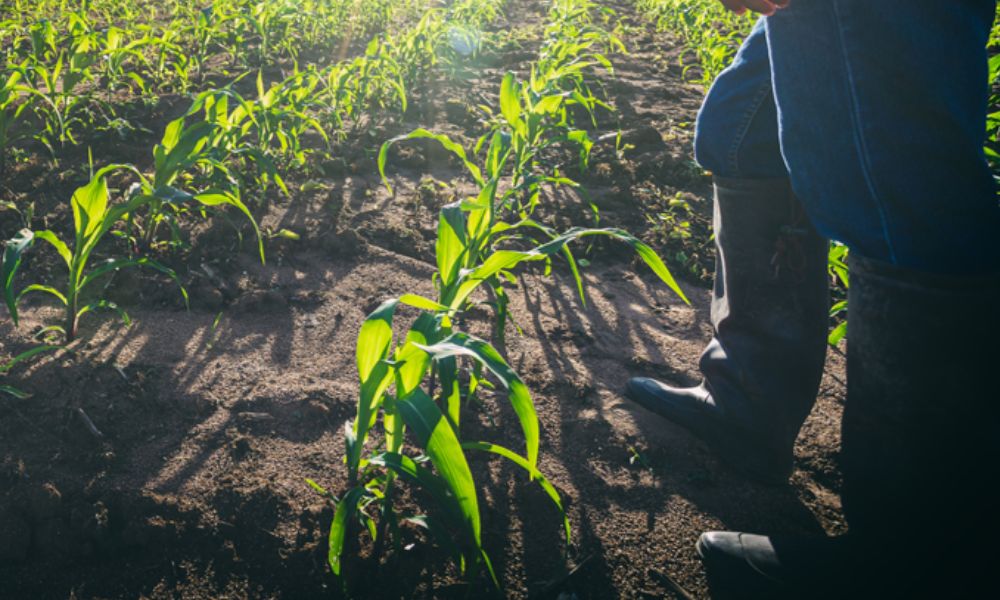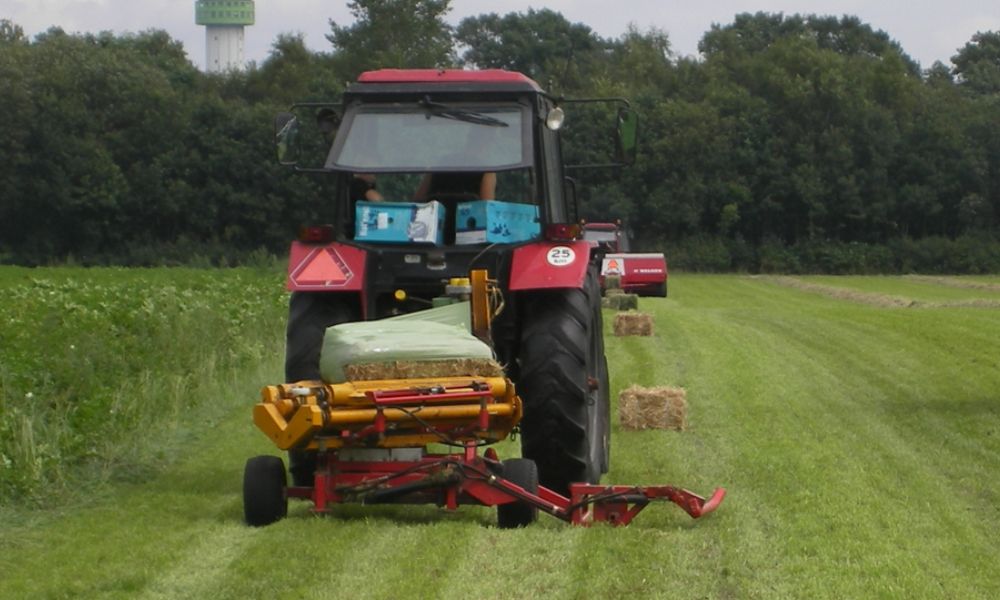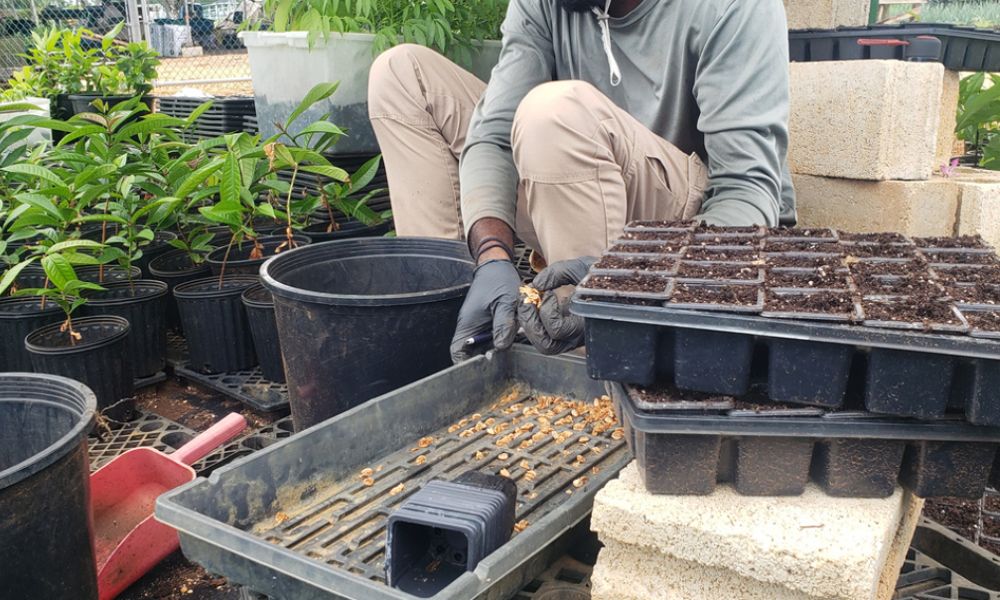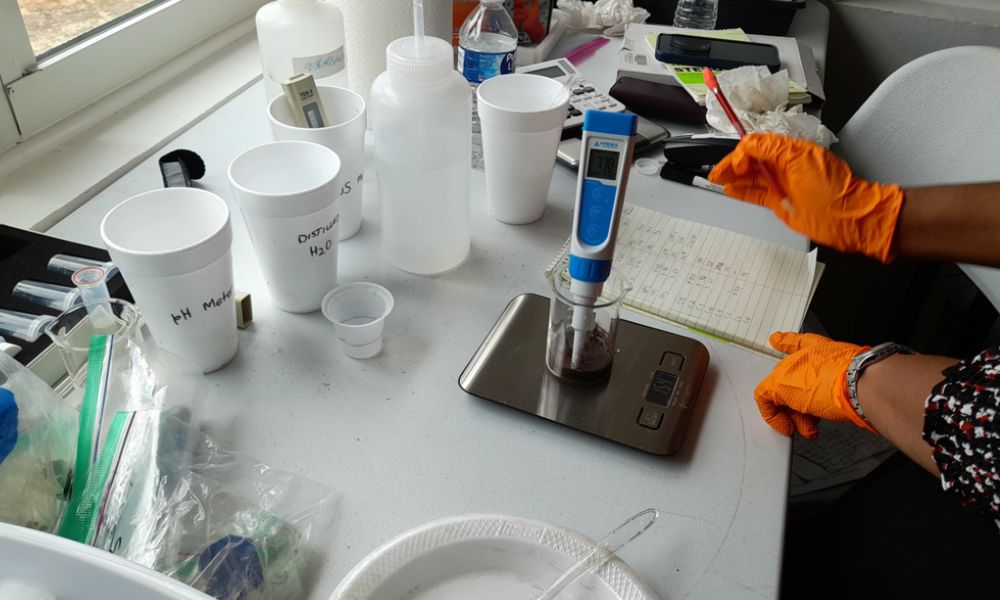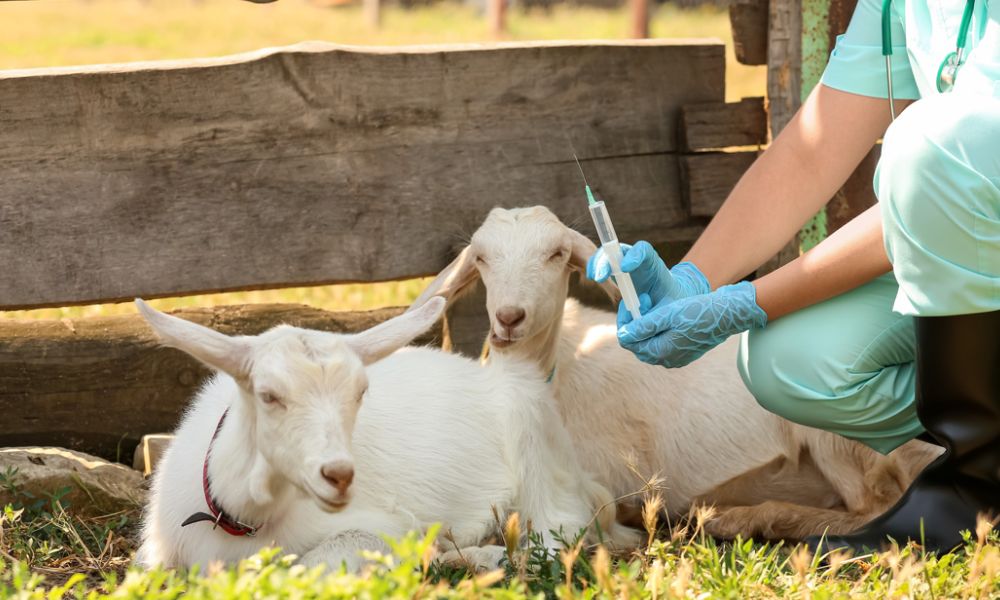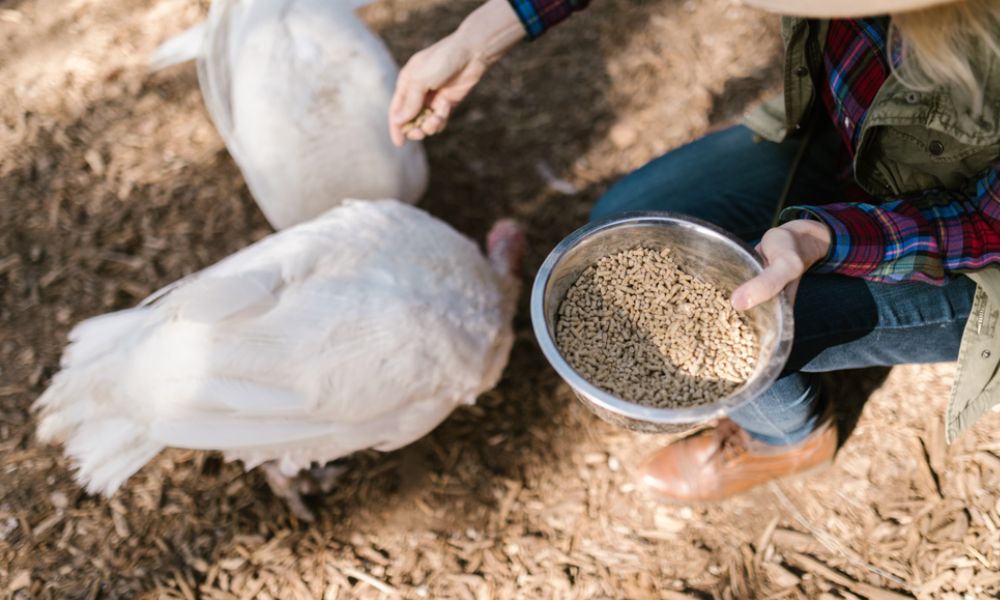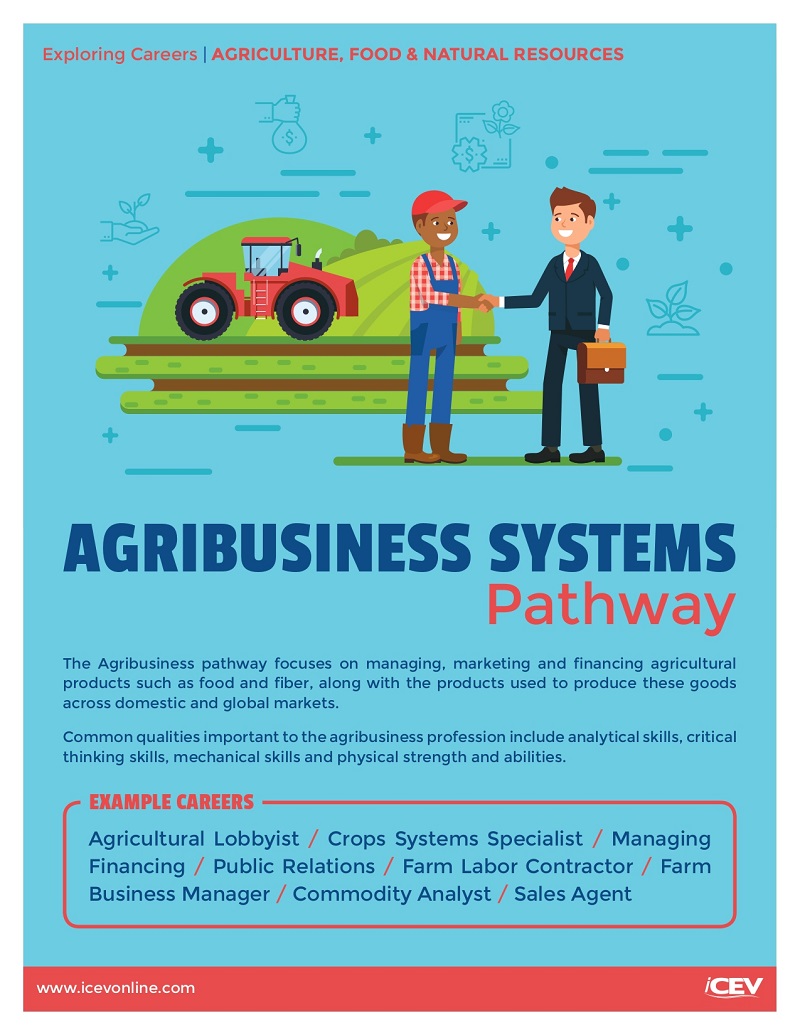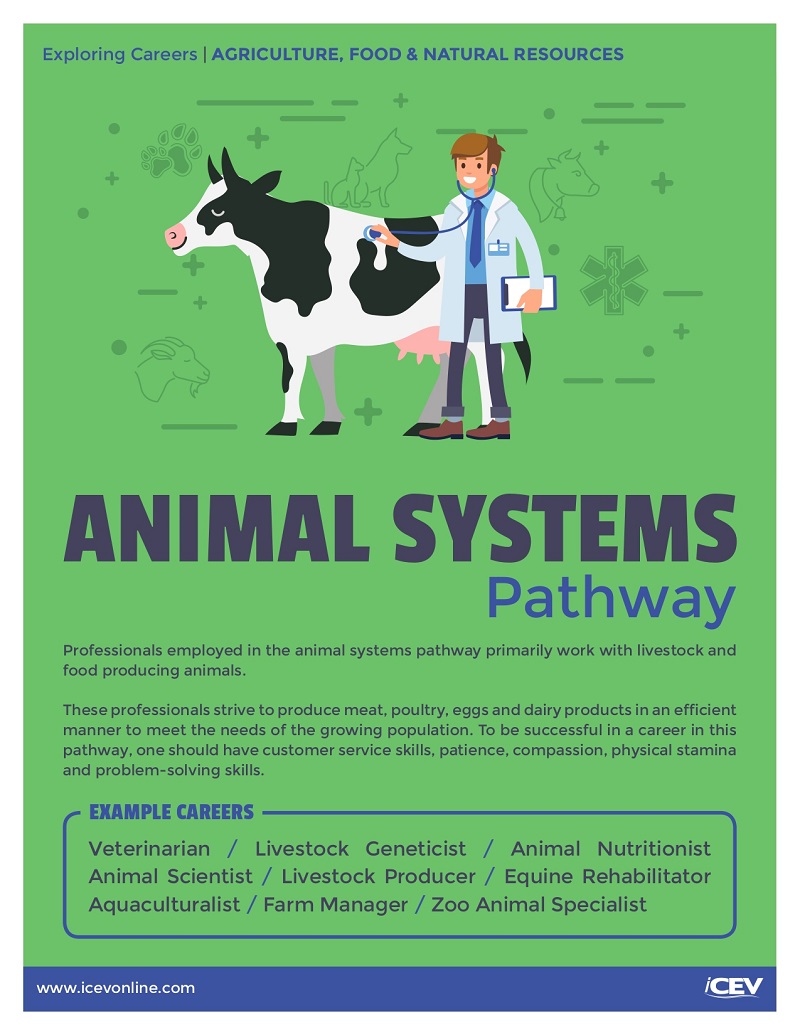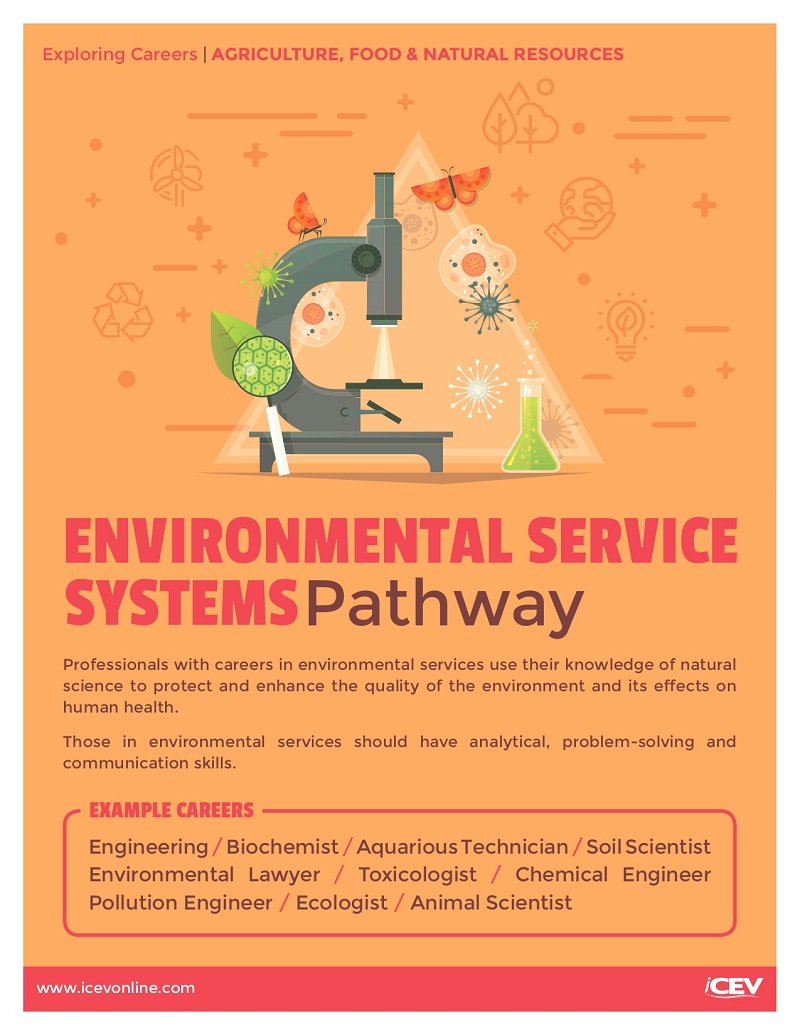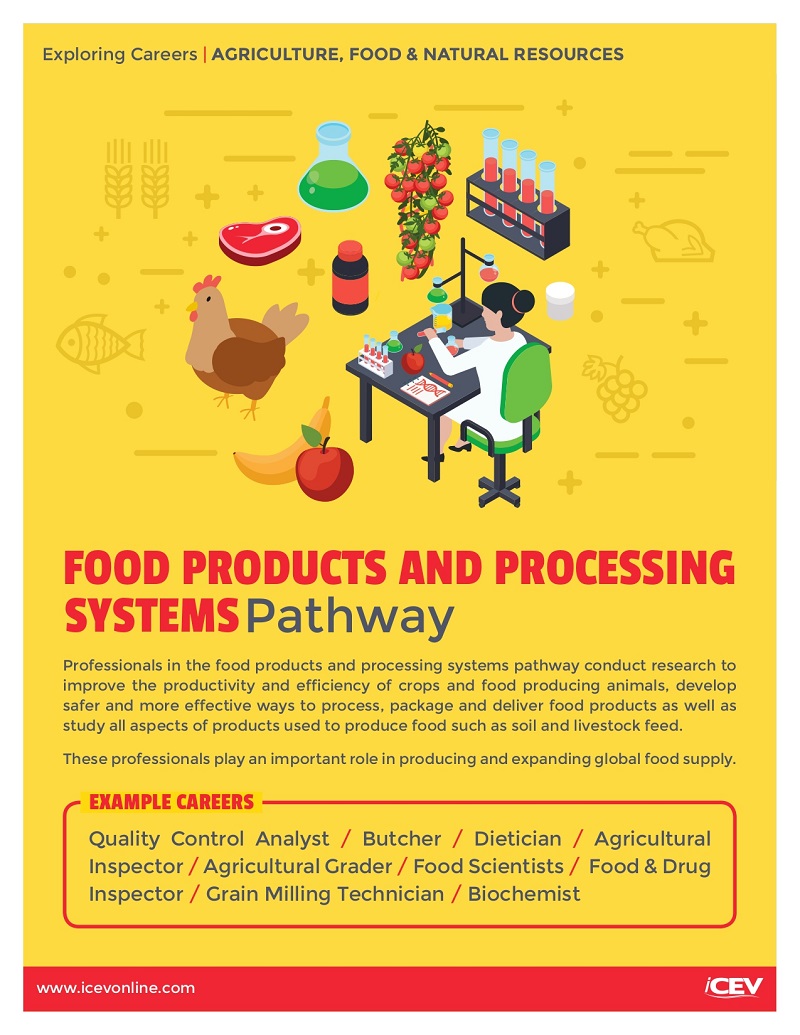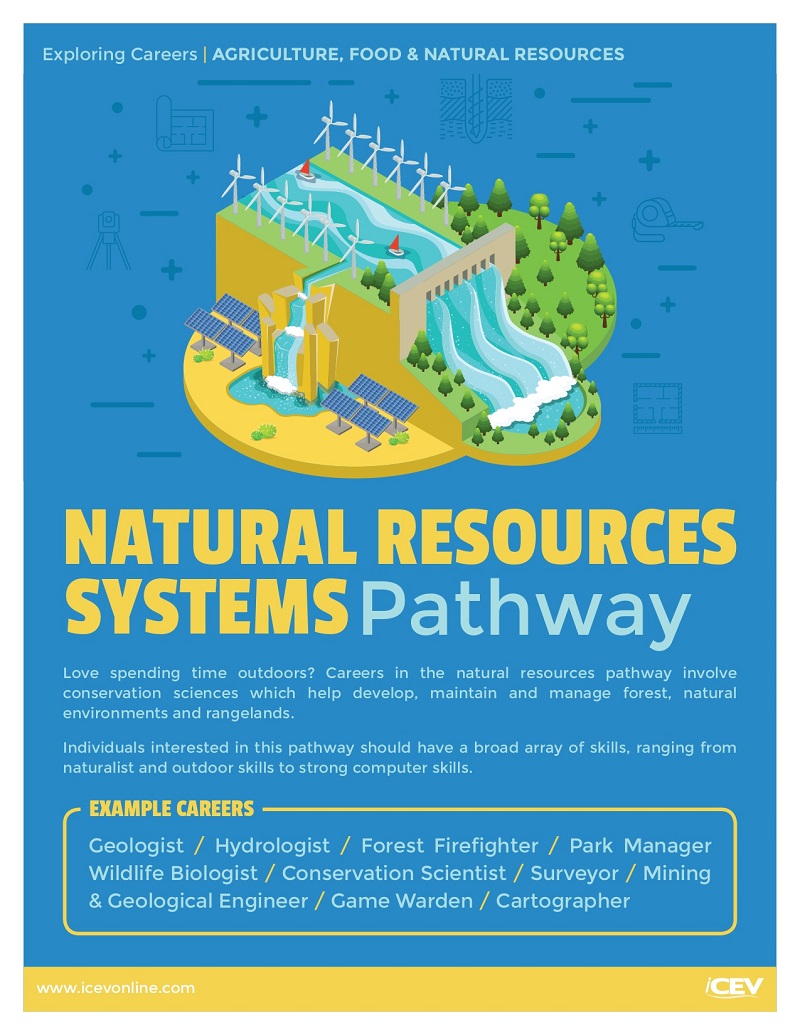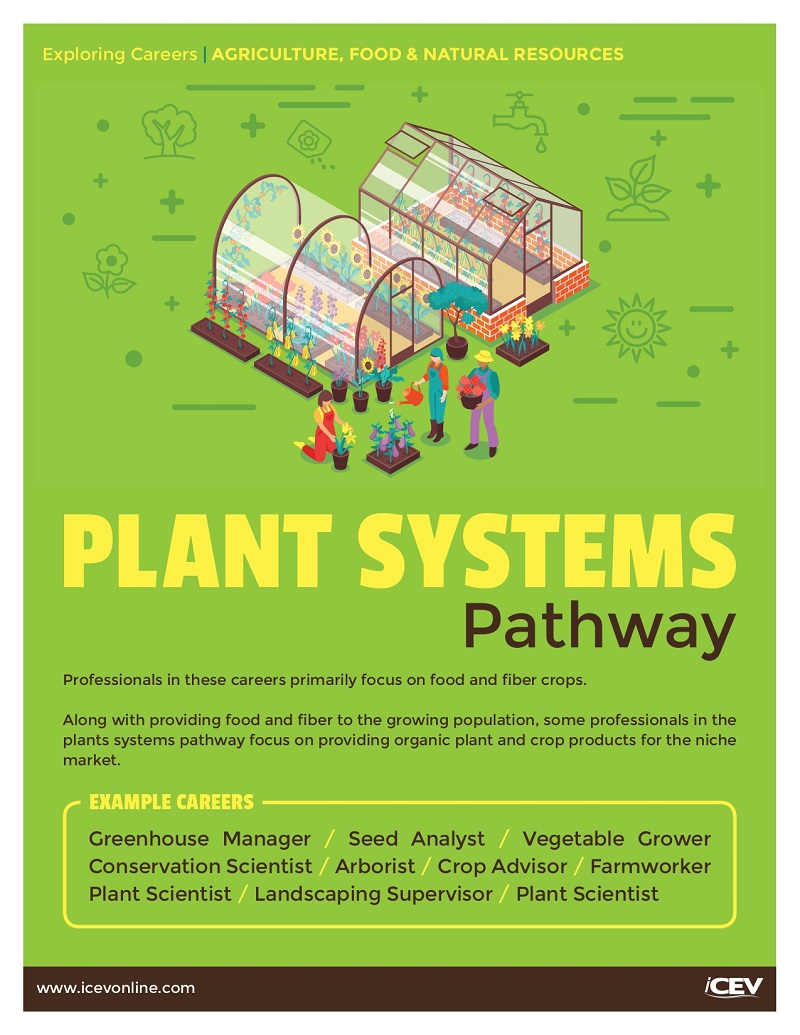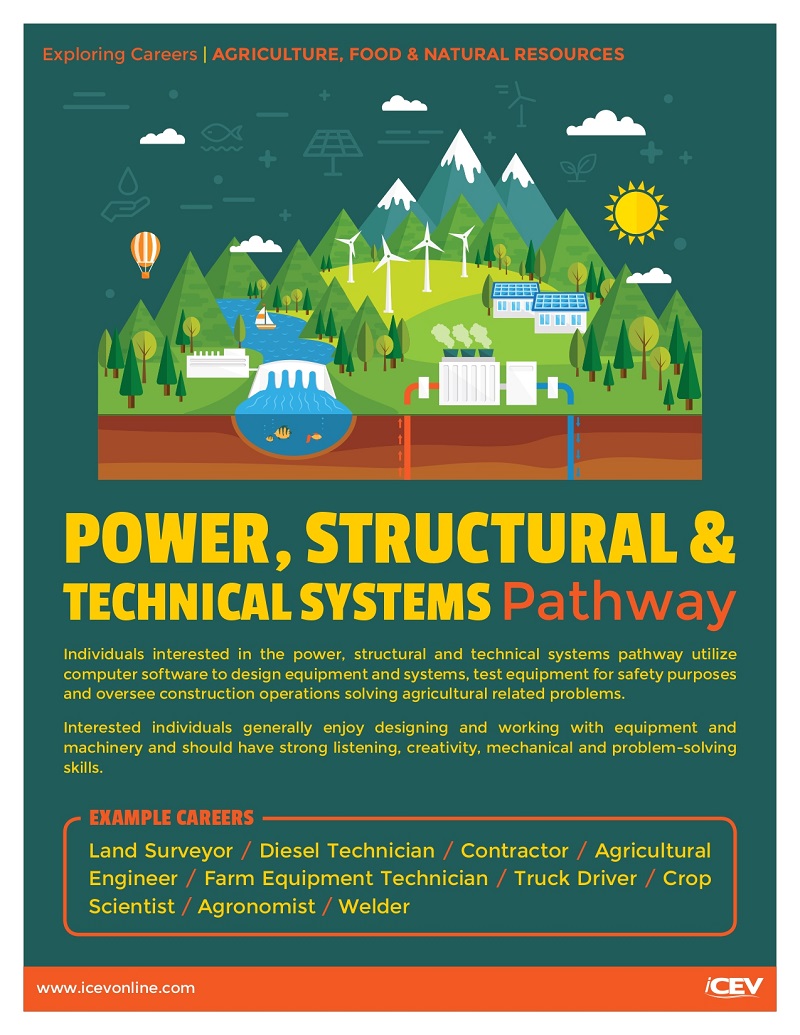
Explore Careers in Agriculture
Program (DAIP) and Career Pathways
DoA Internship program Career Pathways
Large Animal Veterinary Internship
Learning Areas:
- – Assist in field visits to farms for treating livestock (cattle, swine, horses, sheep, goats, poultry & rabbits).
- – Learn about herd health management, vaccinations, and parasite control.
- – Observe and support in pregnancy checks and artificial insemination procedures.
- – Gain experience in equine or dairy herd management.
Possible Workplaces:
- – Farms, ranches, equine centers, government agricultural departments.
Animal Welfare & Control Internship
Learning Areas:
- – Assist in general animal welfare cases.
- – Learn about behavioral assessments for adoption suitability.
- – Gain experience in emergency care and shelter medicine.
- – Help implement community outreach programs on responsible pet ownership.
Possible Workplaces:
- – Animal pound and rescue organizations
Veterinary Public Health Internship
Learning Areas:
- – Study the role of veterinarians in zoonotic disease prevention (e.g., rabies control).
- – Assist in food safety inspections to ensure proper handling of animal products.
- – Support government efforts in disease surveillance and outbreak response.
- – Work on veterinary legislation and policy-making research.
Possible Workplaces:
- – Government health agencies, agricultural departments, research institutions.
Livestock Extension Internship
Experience in the field of farmer education, livestock genetic improvement and herd health
Stockman/Animal Care Internship
Experience in providing farm animal care, nutrition and husbandry
Abattoir
Gain experience in the humane slaughter and processing of food animal species. Participate in antemortem, slaughter, postmortem and carcass delivery services.
Agronomy & Crop Science
Provide hands-on experience in areas such as plant cultivation, soil health, pest management, and sustainable agriculture. Depending on the focus, an intern could gain experience in research, fieldwork, technology application, and agricultural policy.
What They Do:
- – Improve soil & crop production
- – Work with farmers & researchers
Education Needed:
- – Agronomy, Soil Science, or Agricultural Engineering
Career Opportunities:
- – Farm management, research, consulting
Agricultural Health Inspection
Help prevent the importation of pests and diseases through monitoring and inspection.



